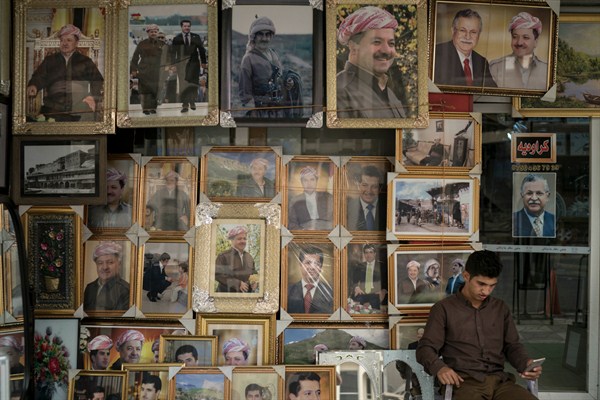In mid-December, at least five people were killed by security forces during anti-government protests in Iraqi Kurdistan. The leading opposition political party, Gorran, responded to the crackdown by withdrawing its ministers from the government. In an email interview, Hannes Cerny, a visiting professor at the Department of International Relations at the Central European University in Budapest and the author of “Iraqi Kurdistan, the PKK and International Relations: Theory and Ethnic Conflict,” explains the protesters’ grievances and the implications for Kurdish politics.
WPR: What triggered the recent protests in northern Iraq?
Hannes Cerny: When discussing the recent anti-government protests in Iraqi Kurdistan, the only surprising element is that there has been so little, so late. Given the staggering degree of political failure the Iraqi Kurdish populace has had to endure at the hands of its leadership over the past four years, one would have expected guillotines to be erected in town squares. Instead, we witnessed two days of inconsequential protests that, despite a few government buildings being ransacked, were ultimately silenced—quickly and with considerable brutality—by the security and intelligence force, the Asayish. Compared to the anti-government protests of 2011, the two days of violence in December were on a much lesser scale.

